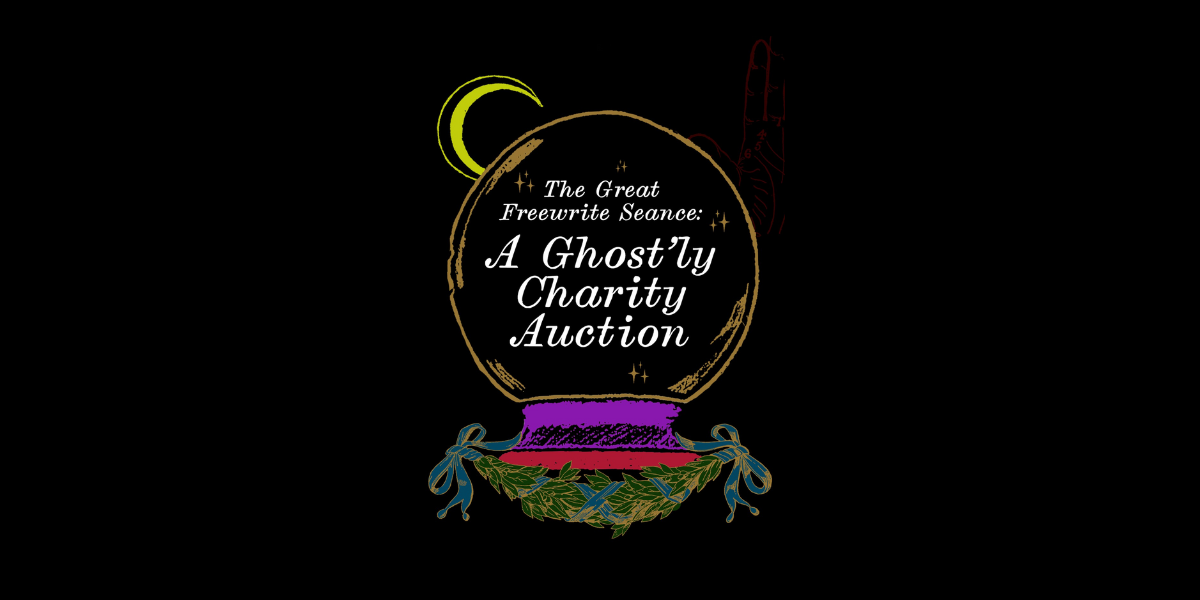
Stuck for a Father's Day gift? Or maybe the family is getting together and you need a fun activity. Try this writing exercise for Dad and all family members, including kids young and old. (Though little ones may need an adult who can write to partner with.)
Alternatively, you can do the writing exercise by yourself, and gift Dad a sweet personal essay. Of course, not everyone still has their dad in their life. If you're looking for a gentle way to explore your feelings around Father's Day, a writing exercise like this can be therapeutic.
Here's how it works:
- Designate someone to read out each prompt below. (Feel free to add your own prompts.)
- After each prompt is read, set a timer for five minutes. (With younger kids, this can be shortened. For older folks who want to freewrite meaningfully, more time can be added.)
- Each person — including Dad! — freewrites by finishing the sentence and elaborating until the timer goes off. (For little kids, this can be done verbally with an adult recording their answers.) Dad should answer the questions about himself.
- When everyone's done, take turns going through your answers and comparing Dad's answers to everyone else's.
Here's our list of suggested writing prompts:
- Dad's favorite thing to do is...
- When Dad was a kid, he...
- My favorite thing to do with Dad is...
- If Dad was a superhero, he would be...
- I know Dad loves me because...
- My favorite memory with Dad is...
- Something not many people know about my dad is...
- If Dad had a million dollars, he would...
This writing exercise has resulted in some hilarious family memories — and some sweet ones, too. If you try it out, be sure to let us know.
Write on.






























